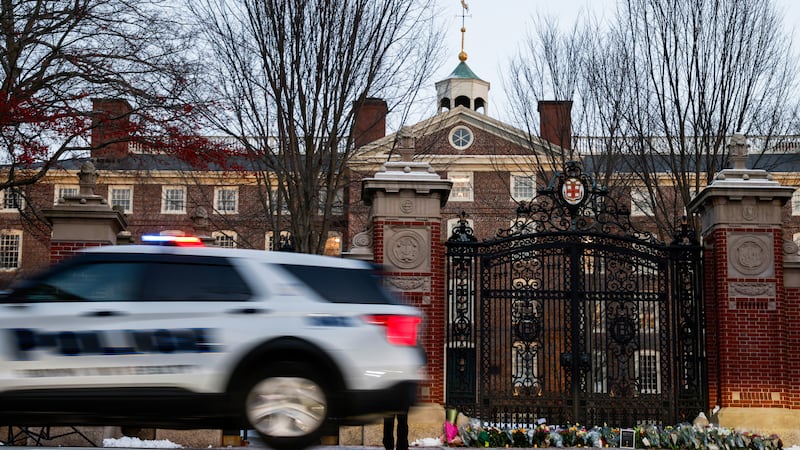COLUMBUS — Thursday morning the Ohio Department of Health held a press conference giving an update about the current surge of COVID-19.
The conference discussed the strain the current surge has put on hospitals. According to Dr. Bruce Vanderhoff, director of ODH, as of yesterday, there have been 4,297 patients hospitalized with COVID-19, a high last experienced in January of last year.
>> US to expand COVID-19 booster shots, 16-year-olds eligible
Over 1,000 of those patients are in the intensive care unit.
Vanderhoff said we are in a situation as serious as last December and January.
Staffing problems on top of COVID-19 hospitalizations have made hospitals have to make “tough decisions” according to Vanderhoff.
Difficult decisions like only accepting patients whose trauma meets certain criteria, having to reschedule surgeries, or diverting patients to hospitals far away from where they live.
Vanderhoff said the rate of hospitalization is especially high in the northern part of our state. Over the last two weeks on average, about 62 percent of all newly reported hospitalizations occurred in the north.
But this is not surprising, said Vanderhoff, as data shows that hospitalization and death are rates are higher in counties that fall below the state vaccination average.
Dr. Gary Seaman, medical director for William County Health District, said his hospitals are inundated. Seaman is also a family physician and works in urgent care once a week.
>> Area hospital network pauses elective inpatient surgeries amid rise in COVID-19 hospitalizations
Seaman said just last week three of the county’s rural hospitals were so overwhelmed that they could not accept an ambulance. This meant that a sick patient needed to be diverted to another hospital turning a 10-minute ambulance ride into an up to 45-minute ride.
With the holidays coming up in a couple of weeks Vanderhoff reminded the public that it takes time for vaccines to be effective. For one dose vaccines or a booster, it can take two weeks, for two-dose vaccines up to six weeks.
In regards to the omicron variant, Vanderhoff said delta is still the dominant strain in Ohio. There are no cases of omicron in Ohio yet but Vanderhoff said it’s a matter of when, not if.
Vanderhoff and other doctors on the call urged the public to get their COVID-19 vaccines, and if applicable, boosters.
©2021 Cox Media Group





